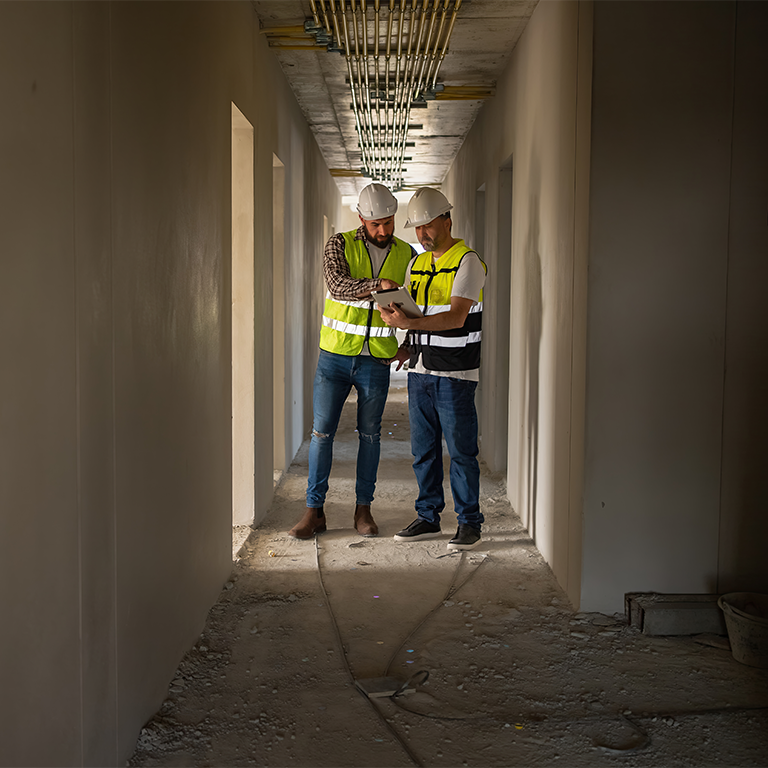The global Artificial Intelligence (AI) software market is estimated to grow annually by around 40% from 2021 to 2028,1 having a huge impact on many industries, not least transportation. From driverless vehicles to state of the art satellite navigation systems, when it comes to transport it is set to make travel greener and more efficient. Here, we explore some of the significant ways it is changing the transportation industry.
Predictive technology
The weather can change instantly, traffic jams can build up very quickly, and a journey can end up suffering huge delays – all of which are costly to a haulier, fleet manager, or logistics company. Predictive technology can help with this, not just through satellite information but by connecting trailers to cranes so managers can receive up to the minute reporting. The insights delivered mean road conditions, weather changes, and mechanical faults can be anticipated and delays averted before they happen.
Connected cabs
A higher capacity 5G network system will see more data technology in transit; vehicles will be the workplaces of the future.2 Faster WiFi connections will see drivers and their teams work remotely with voice recognition technology providing safety as we move into a more digital and remote business landscape.
Improved sat nav systems
The technology is improving, which is vital for truck drivers who need to know whether roads are safe for their vehicles. Bespoke Truck Sat Nav systems alert to specific issues such as narrow passages and low bridges.3 They also have larger screens to provide a safer guide, allowing drivers to keep their eyes on the road.
Autonomous technologies
There are clear benefits to the usage of driverless vehicles - no need for rest breaks or holidays for a start. However, this is still a relatively new technology and does raise questions. For example, it’s not clear who would be liable in the case of an accident involving a driverless vehicle: the manufacturer? The software running the vehicle, or the logistics manager running the fleet from a distance? These questions will need to be addressed as experts predict that by 2030, trucking and logistics will be an ecosystem of autonomous vehicles.4
This will be directed by a digitised supply chain that combines driverless, cabless trucks with delivery hubs staffed by robots. As a result, trucking logistics costs are expected to fall by 47% by 2030,4 largely through reduction of labour. The emergence of autonomous trucks will also address the mass shortage of drivers the industry is currently facing, although this will require a massive investment by haulage and fleet owners in their vehicle upgrades.
What is the outcome of increased technology reliance?
These changes will mean logistics and fleet managers will need to be aware of the risks – and adapt their insurance policies accordingly. Increased reliance on technology opens up the risk of cyber-attacks, making you a target for hackers. There are potential issues around data security and GDPR: you will need to ensure you know what data can legally and safely be stored in your vehicles. There may also be HR issues if AI systems replace human personnel.
Technology, in general, will help reduce costs, make transportation greener and safer, all of which is great news. But a robust risk management system and essential insurance solutions are still needed to ensure the smooth running of your business. A specialist advisor can further explain how you can protect against your risks.
Sources:
1. https://www.grandviewresearch.com/industry-analysis/artificial-intelligence-ai-market
2. https://www.gov.uk/government/publications/5g-supply-chain-diversification-strategy/annex-5g-networks-overview--2
3. https://britishtrucking.co.uk/best-truck-sat-nav-2021/
4. https://www.strategyand.pwc.com/de/en/industries/transport/digitized-trucking.html


